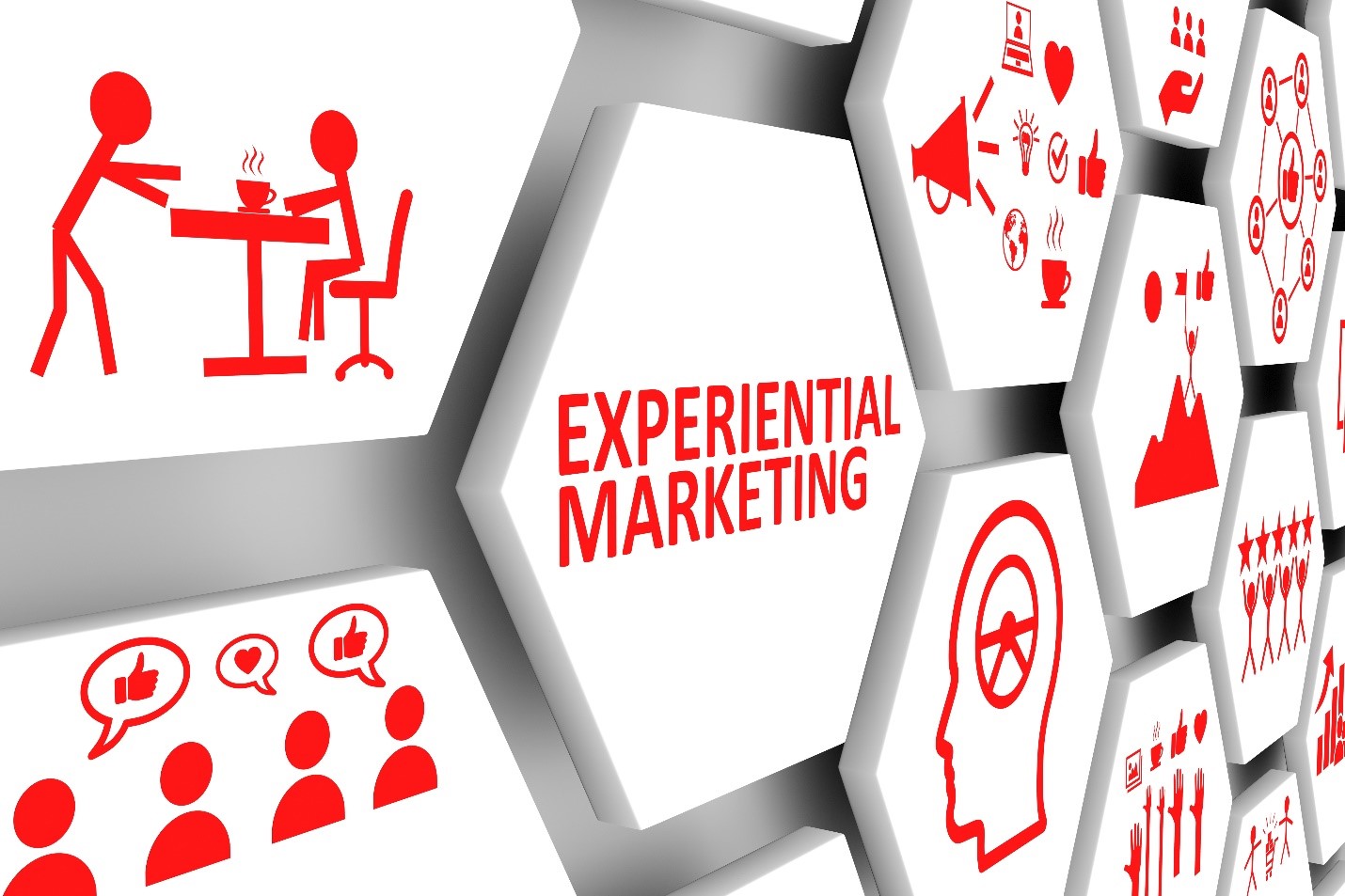As the marketing landscape continues to evolve, experiential marketing is becoming increasingly crucial for brands seeking to create lasting connections with their consumers.
Globally, the experiential marketing industry is projected to continue its upward trajectory, with Euromonitor International predicting that the global experiential marketing market will reach $1.5 trillion by 2025.
Similarly, a report by Statista forecasts that the global experiential marketing market will grow at a compound annual growth rate (CAGR) of 7.1% from 2020 to 2025.
According to Eunice Showunmi-Adeyemi, Creative Director at Q21 Solutions Limited submission on her LinkedIn post, she said the future of experiential marketing in Nigeria is exciting, with several trends poised to revolutionize the way brands engage with consumers.
In Nigeria, these trends are expected to play out in various ways, with brands leveraging immersive technologies, personalization, sustainability, and other innovative strategies to connect with consumers.
Here are the top experiential marketing trends that will shape the industry in Nigeria in 2025.
One of the trends that will dominate the experiential marketing space in Nigeria in 2025 is the use of immersive technologies such as augmented reality (AR) and virtual reality (VR).
“Immersive technology like AR and VR is transforming the way brands engage with consumers by offering interactive, highly engaging experiences. This technology allows brands to create virtual environments where customers can explore, try products, or experience services in ways that feel real, without physical limitations.”
Another trend Showunmi-Adeyemi noted is that will gain traction in Nigeria’s experiential marketing space is personalization. With access to rich consumer data, brands are increasingly offering personalized experiences tailored to individual preferences.
“By analyzing purchase history, browsing behavior, and even social media activity, brands can create customized product recommendations, personalized marketing messages, and tailored event experiences, making consumers feel recognized and valued.”
Sustainability is also becoming a key consideration for brands in Nigeria, with consumers increasingly prioritizing eco-friendly practices.
“Brands are responding by creating eco-conscious experiential marketing campaigns, including using sustainable materials for products, promoting environmental awareness, and organizing events that highlight green practices.”
Other trends that will shape the experiential marketing space in Nigeria in 2025 include the use of artificial intelligence (AI) to enhance customer interactions, the integration of in-person and virtual components to create hybrid experiences, and the use of gamification to make consumer engagement more interactive and fun.
Additionally, brands will prioritize human-first experiences that promote emotional connections and inclusivity, location-based marketing to deliver targeted experiences, community-driven experiences that empower consumers, and sensory experiences that engage multiple senses.
As the experiential marketing landscape in Nigeria continues to evolve, it’s clear that brands that prioritize innovation, creativity, and consumer-centricity will be best positioned for success. By leveraging these trends, brands can create memorable experiences that resonate with consumers and drive long-term loyalty.
In the same vein, Myron B, Director Experiential, STURDY.co on his page on LinkedIn shared a write on: How PR and Experiential Marketing works together, he noted what the future holds for experiential marketing.
The post read: “We’re seeing a new era of extended reality (XR) technologies, making immersive experiences more accessible than ever. Virtual storefronts, interactive product demos, and gamified campaigns aren’t just buzzwords—they’re tools that brands are using to turn their stories into shared experiences.
At the same time, data-driven storytelling is making these campaigns smarter and more relevant. Analytics don’t just measure success—they shape it. By understanding audience sentiment in real-time, PR professionals can craft narratives that are both compelling and hyper-personalized.”
He added that the most successful campaigns combine technology, creativity, and authenticity. PR professionals are at the forefront, transforming activations into movements that audiences want to be part of. It’s about making sure every interaction—whether in-person or virtual—feels real, personal, and unforgettable.
Manojaditya Nadar, Marketing AI expert, in a recent post titled: The Experiential Marketing Advantage: Engaging Consumers Beyond Ads, noted that experiential is the beacon of creativity and connection.
“As we navigate through a sea of sameness in the marketing world, experiential marketing emerges as a beacon of creativity and connection. It’s about more than just showcasing products; it’s about creating life-changing moments that resonate with consumers on a profound level.”






Comment
No comments found.